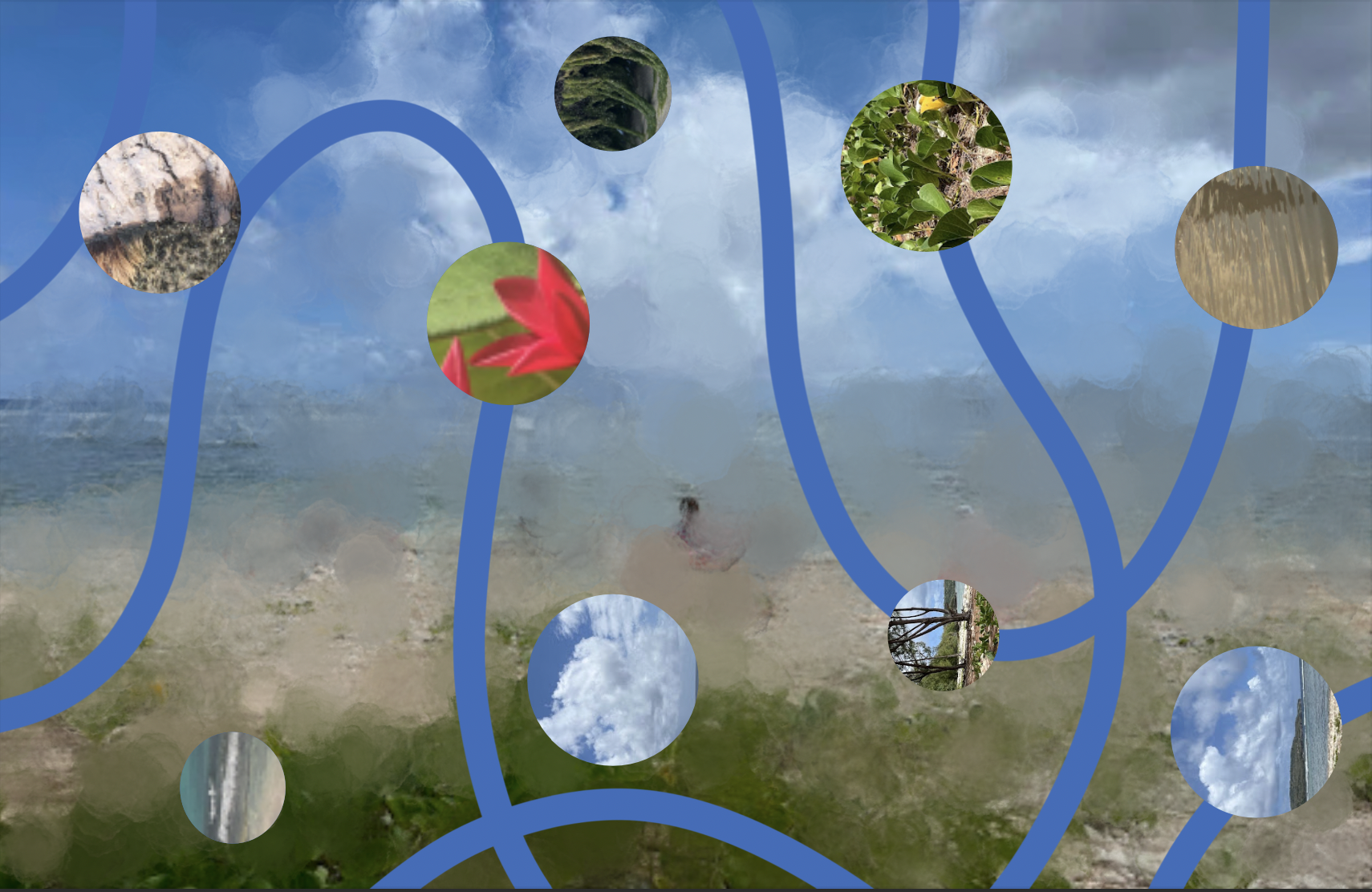In the Mariana Islands, the Pentagon has steadily increased its presence through base-building, weapons testing, and war games as part of the US Military’s “Pacific Pivot.” These changes have transformed the archipelago and surrounding waters into a “Study Area.” Multi-national war games throughout the year, such as Cope North and Agile Reaper, have brought thousands of military personnel and new weaponry into the region to prepare for a future war. Throughout this time, certain words employed by the Pentagon to talk about war have circulated within our community, taking root in different ways.
This booklet offers a chance to reflect on some of these terms and examine their significance in our everyday lives. If the words we use are a reflection of our lived realities, what does this say about the way we talk about war? The list of terms presented here is not exhaustive and could include many others. What are some of the words used to talk about war and war preparation in your community?
While the book speaks from a specific place, the Marianas archipelago, and even more specifically, the island of Saipan, the terms’ usage spans Oceania and beyond. Often, official and popular media narratives do not encapsulate the perspectives and relations that emerge from the terms’ effects in everyday life. My hope is that if we can begin to undo the ways we talk about and view war histories, we can work toward destabilizing the narrative of a future war on our islands.














